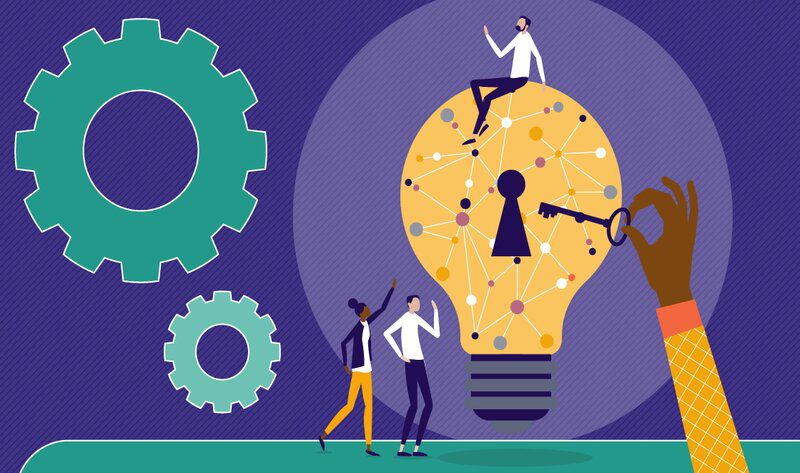Education is a fundamental pillar of human development, shaping individuals and societies alike. It provides knowledge, skills, and opportunities that enable individuals to achieve their potential and contribute to the progress of their communities. Education is a powerful tool for empowerment, transforming lives and opening doors to new horizons.
From early childhood to adulthood, education plays a critical role in shaping our lives. It provides the foundation for intellectual, social, emotional, and physical development, preparing individuals for success in various spheres of life. The benefits of education are many, ranging from increased earning potential and better health outcomes to improved social and civic engagement.
Education is not only a means of acquiring knowledge and skills, but it also helps individuals to develop critical thinking, problem-solving, and communication skills that are essential for success in the 21st century. In today’s rapidly changing world, where technological advancements and globalization are reshaping the job market, education is more important than ever. It is the key to unlocking new opportunities and staying ahead of the curve.
How Education Can Transform Lives and Communities
The benefits of education are not limited to individuals alone but extend to communities and societies as well. Education is a powerful force for social and economic development, contributing to the growth and prosperity of nations. Educated individuals are more likely to be productive and innovative, driving progress in various fields. They are also more likely to be engaged in their communities, participating in civic activities and contributing to the common good.
However, despite the many benefits of education, millions of people worldwide still lack access to quality education. According to UNESCO, around 258 million children and youth are out of school, and many more face barriers to learning due to poverty, conflict, discrimination, and other factors. The COVID-19 pandemic has further exacerbated the education crisis, with school closures and disruptions affecting millions of students worldwide.
Addressing the global education crisis requires collective action and commitment from all stakeholders, including governments, civil society, and the private sector. Investment in education must be prioritized, and policies and programs that promote inclusive and equitable access to education must be implemented. Efforts must also be made to address the root causes of educational disparities, such as poverty, gender inequality, and conflict.
In addition, education must adapt to the changing needs of the 21st century. With the advent of new technologies and the rise of the digital economy, education must equip individuals with the skills and knowledge required to succeed in a rapidly changing world. It must also promote lifelong learning and skills development, enabling individuals to adapt to new challenges and opportunities throughout their lives.
At the heart of education lies the belief in the potential of every individual to achieve their dreams and aspirations. Education provides the tools and resources to turn those aspirations into reality, enabling individuals to create a better future for themselves and their communities. It is a powerful force for change, transforming lives and empowering individuals to reach their full potential.
Conclusion
Education is a fundamental human right and a powerful tool for empowerment and development. It is the key to unlocking opportunities and transforming lives and communities. By investing in education, we invest in our future, creating a better world for generations to come. Let us work together to ensure that every child and young person has access to quality education, and that education is inclusive, equitable, and empowering for all.

